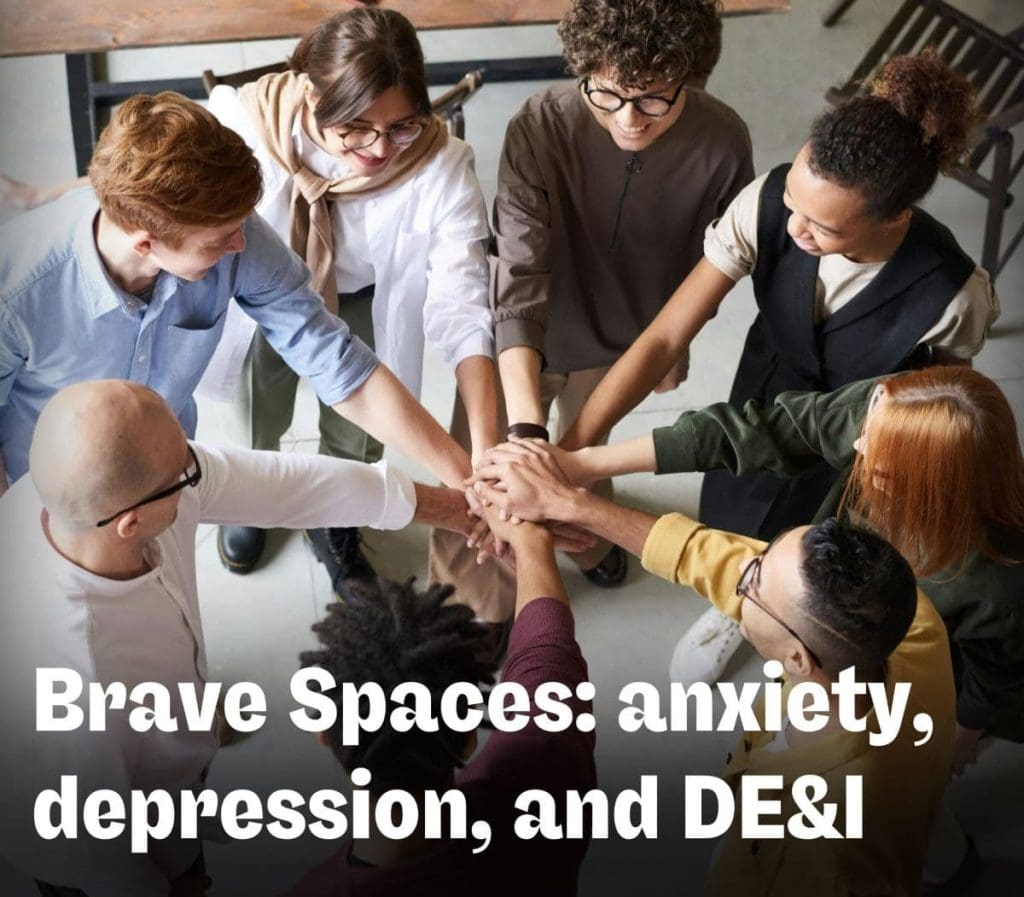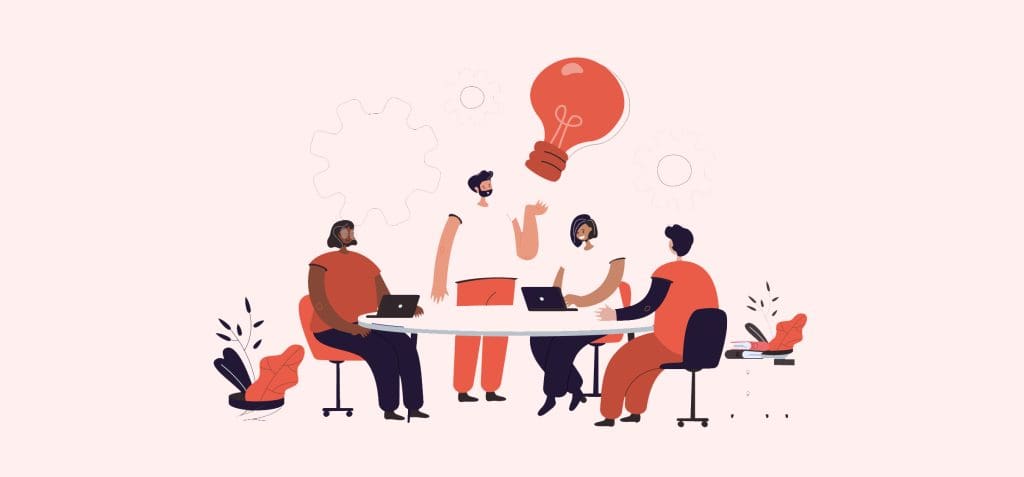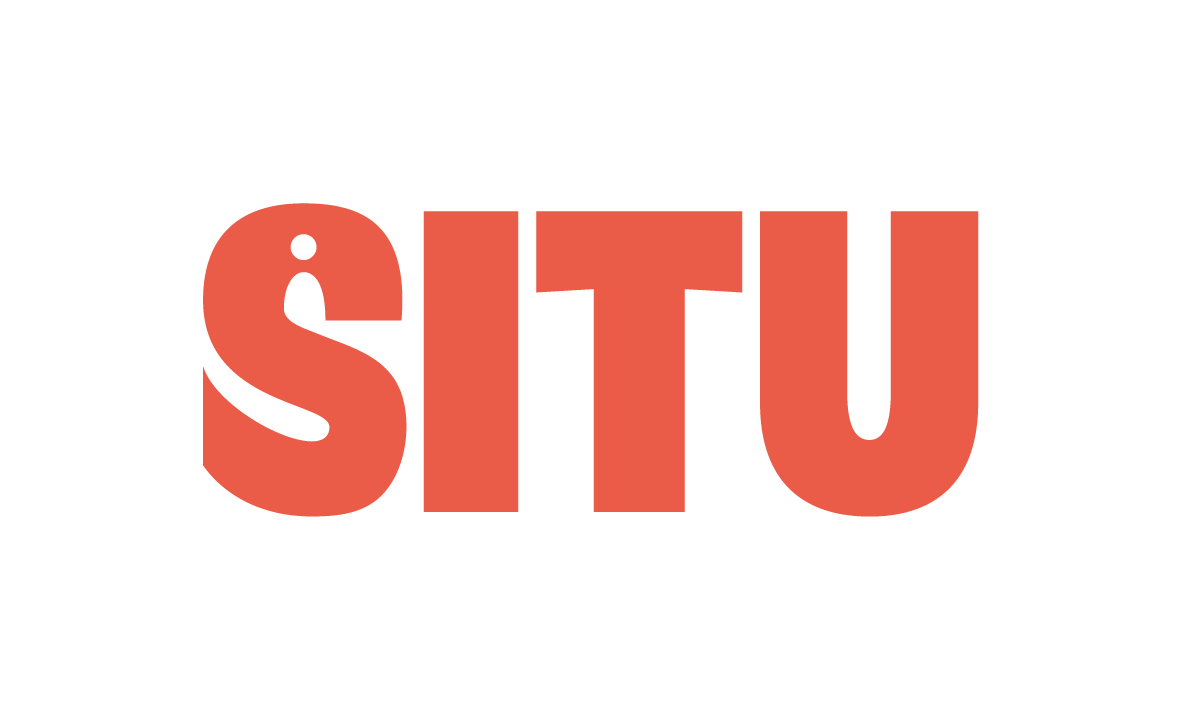Our DE&I committee holds bi-monthly Brave Space discussions for the benefit of the entire Situ team. These open conversations focus on key topics within DE&I (diversity, equality, and inclusion) and provide a safe space for our team to ask any questions they may have and to learn more about the diverse range of people that make up our society.

In the latest Brave Space discussion, the DE&I committee discussed the impact of anxiety and depression on different members of our society. The discussion was split into the following sections: LGBTQ+, Ethnicity and Race, Age and Ageism, and Gender. The team discussed the challenges specific to these individuals that can contribute to anxiety and depression as well as the steps needed to provide support to those impacted.
Focus on this topic came from the Situ team, who requested a session on this subject through a feedback form distributed by the committee. Initial research demonstrated a disproportionate prevalence of anxiety and depression amongst some members of our society. Unique challenges that these individuals face contribute to negative feelings and poor mental health. Our DE&I committee sought to highlight these issues and present ways our team can seek support if they are impacted by the discussed topic, or support others in their lives who may relate to these challenges, as well as ensuring our workplace remains a safe space for all by educating our colleagues about these issues.
The following blog contains sensitive information that some may find upsetting.
Unique challenges and finding support: our Brave Space discussion
The committee opted for a drop-in/drop-out format for the Brave Space discussion. This allowed employees to join and leave the session at whatever time suited their schedules. A presentation was used to frame the conversation and to facilitate discussion between the Situ team members. This proved to be an effective format, as it provided a resource that could subsequently be shared with any team members unable to join the session.
The presentation highlighted the challenges unique to specific members of our society that our team may not be aware of if they don’t fall into the group in question. Using data from Mind and elsewhere, the committee presented the disproportionate impact of depression and anxiety resulting from these factors. For instance, concern about discrimination from mainstream healthcare services among individuals from an ethnic minority.
Of particular interest was the difference seen between the symptoms of depression in men and women. Here, our gender equality champion presented evidence of how men can tend towards more violent symptoms, whilst women demonstrate more feelings of sadness.
Also of note was a discussion about LGBTQ+ individuals and verbal bullying, in which a team member shared their experience of customer service in a previous role. Due to concern about harming the business, an unwillingness to disagree with or ‘call out’ customer behaviour was discussed, as well as instances where management may dissuade someone from disagreeing with an opinion out of concern for causing disruption.
Our team were interested to hear how the statistics provided compared to those who did not fall into the groups discussed. This allowed them to realise how disproportionate the data proved to be.

Next steps
Our DE&I team recognised the need to include a touch of positivity to the discussion, opting to include a series of ‘next steps’ to each section of the session. The committee highlighted changes that should be made to facilitate equity, as well as ways of supporting individuals in our team’s lives. Suggestions included encouraging the person to seek support and never making assumptions.
Also included were more long-term solutions that are needed within society, such as grassroots community services built around people who understand or derive from the same cultural background as the individual seeking support.
The presentation ended with a series of resources where our team could access further information or seek support. Suggestions included reaching out to our company Mental Health First Aiders, accessing our 24/7 Employee Assistance Programme, or utilising a GP service (SmartHealth).
Conclusion
Our bi-monthly Brave Space discussions continually prove to be a positive centre for our team to get together and discuss factors that may impact them, their colleagues, or members of their personal lives. The most recent discussion covered the disproportionate impact of mental health and allowed our team to recognise challenges that impact some people more than others. We have found these sessions prove to be an effective way of educating the Situ team.


